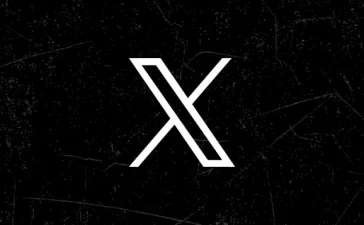
Google Messages recently got an update that allows Android users to use it as a notes app as well as a regular messaging app. This update flew under the radar until Android Authority reported on it last Friday, saying that people can now send long messages, high-quality media, and other content to themselves via RCS messaging, freeing them of the restrictions imposed by its predecessor, SMS messaging. While that is a useful upgrade on paper, it’s not a good idea in practice.
A lot of people use messaging apps as a substitute for the original notes app pre-installed in their phones. The problem is text messages sent through RCS are not encrypted, let alone messages sent to yourself, posing a host of security issues. Not long after Apple adopted cross-platform RCS messaging with Android late last year, a group of Chinese hackers called Salt Typhoon launched a cyberattack on U.S. communications networks, leading the FBI and CISA warning Americans to use encrypted messaging platforms, especially if messages are being sent from Apple to Android and vice versa.
With that in mind, I don’t recommend using Google Messages as a notes app. If you don’t like the notes app that came with your phone and insist on using a messaging app to make notes to yourself, as it were, I have some other suggestions.
Alternative messaging apps to use as a notes app
One of the most secure messaging apps you can use as a notes app is Signal. It’s grown in popularity for its top-notch security and the fact that it’s not always used for chatting with friends and family. It offers end-to-end encryption by default, and it always asks for your password and identity every time you log into Signal so that your content is protected from the prying eyes of those around you and hackers. Signal is mostly used by journalists, activists, and whistleblowers to protect themselves from the harassment and persecution they deal with on social media platforms.
Another popular messaging app to use for note-taking is WhatsApp. Most people mainly use it to get in touch with friends and family living in other countries to avoid paying high phone bills from long-distance calls and messages, depending on their carrier. Now some users are increasingly using it to make notes to themselves so long as they connect their account to their phone number. WhatsApp also offers end-to-end encryption so that no one can read what you wrote. Not even Meta, who owns the platform along with Facebook and Instagram.
Strflow is an under-the-radar notes app that doubles as a journal. It’s an iOS-exclusive notes app that organizes everything you write down into a timeline, and you can add pictures, links, and tags to all your notes to add context when you come back to them later on. It encrypts everything you write down into iCloud if you subscribe to Strflow Plus for $1.49 a month or $14.99. You can try it out free for two weeks to see if it’ll be a good fit.
The last app I recommend is not so much a messaging app as it is a journaling app, but it deserves an honorable mention: Day One. It kind of works like Strflow, except every entry is organized from latest to oldest. End-to-end encryption is enabled by default, and the encryption key is stored in your phone and iCloud, so your diary entries — and your notes — are safe just like your padlocked diary in the real world. I started using this one last year to save money on regular journals I may not finish writing in. My only qualm is I have to pay $35 a year for some extra features.
Whichever one of these apps you choose, they’ll do a much better job of keeping the notes you make to yourself stay safe and secure. Especially if the notes you jot down contain highly sensitive information.











